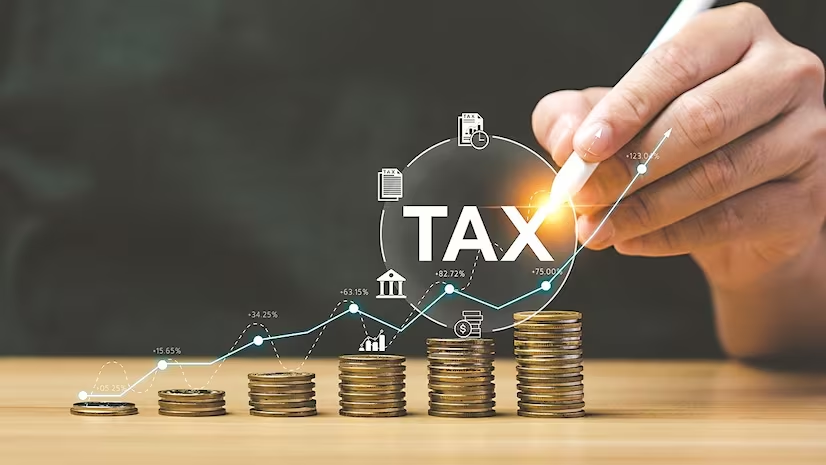The Federal Board of Revenue (FBR) of Pakistan has recently reassured the International Monetary Fund (IMF) that it will steadfastly adhere to its ambitious revenue collection target of Rs12.9 trillion for the fiscal year 2024-25.
This commitment was made amidst discussions with various stakeholders, including media personnel, where sources close to the developments expressed confidence in achieving the set financial goals without needing to alter the tax framework mid-year.
According to insiders familiar with the matter, there is no chance of a mini-budget or the introduction of additional taxation measures in the foreseeable future. This decision comes as a relief to many sectors fearing an increase in fiscal burdens. Particularly notable is the confirmation that sales tax will not be imposed on petroleum products, a move that would have otherwise significantly impacted inflation and consumer spending.
Looking ahead, the FBR has outlined plans to initiate the collection of agriculture income tax from the next fiscal year, marking a significant policy shift towards broadening the tax base. This step aims at integrating the agricultural sector, which has traditionally been less taxed, into the national tax system, potentially increasing revenue streams and promoting fiscal equity.
The FBR’s efforts have not gone unnoticed, with the tax-to-GDP ratio having risen impressively from 8.8% to 10.3%. This increase is attributed to both policy reforms and enhanced enforcement strategies. The IMF has acknowledged this progress, indicating satisfaction with Pakistan’s fiscal management under the current economic conditions.
With the stable exchange rate and a lower policy rate, economic activities are expected to pick up pace in December, potentially aiding the FBR in overcoming any revenue shortfalls in the second quarter of 2024-25. This optimistic outlook is crucial as it underpins the government’s strategy to meet its revenue targets without resorting to drastic fiscal measures.
In the legislative arena, the FBR has submitted the draft Tax Laws Amendment Ordinance 2024 to the Prime Minister for approval. This ordinance proposes significant changes like the introduction of a new family income tax return system, which eliminates the categories of non-filers and late filers. However, this amendment does not include any increase in tax rates or the introduction of new taxes, focusing instead on improving compliance and collection efficiency.
The discussion also touched upon the Tajir Dost Scheme, where the FBR has already collected Rs12 billion from retailers in the first quarter of the fiscal year. Contrary to broader enforcement, the scheme targets only 0.5 million potential retailers rather than the entire three million small shopkeepers. This selective approach is designed to ease into a broader tax net for the retail sector without overwhelming small businesses.
Clarification on Tajir Dost Scheme: Sources emphasized that while the Tajir Dost Scheme is an initiative to register retailers, it is not the end goal. The ultimate aim is to ensure all significant retailers are taxed, using the scheme as one of several tools, including sections 236G and 236K of the Income Tax Ordinance 2001.
The ongoing dialogues with the IMF involve these fiscal strategies, particularly the proposed changes in the Tajir Dost Scheme, aiming for a consensus on how best to leverage these measures for economic stability and growth.




